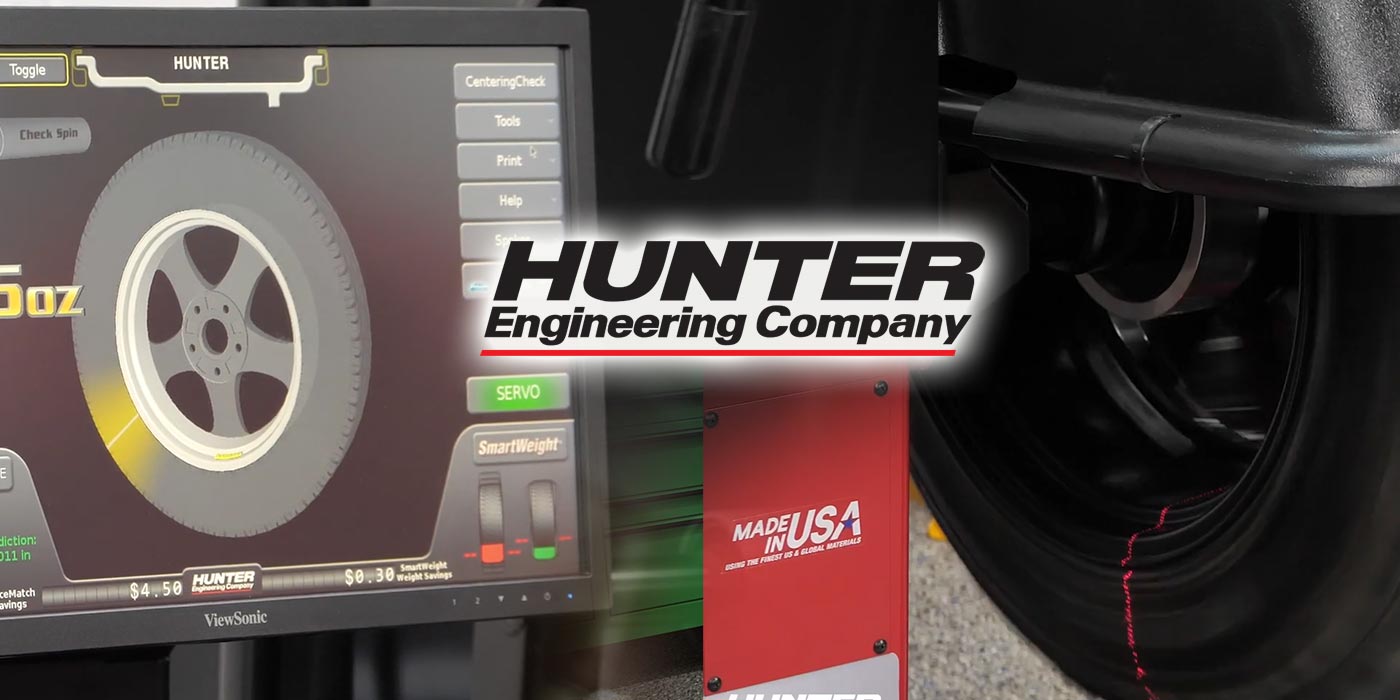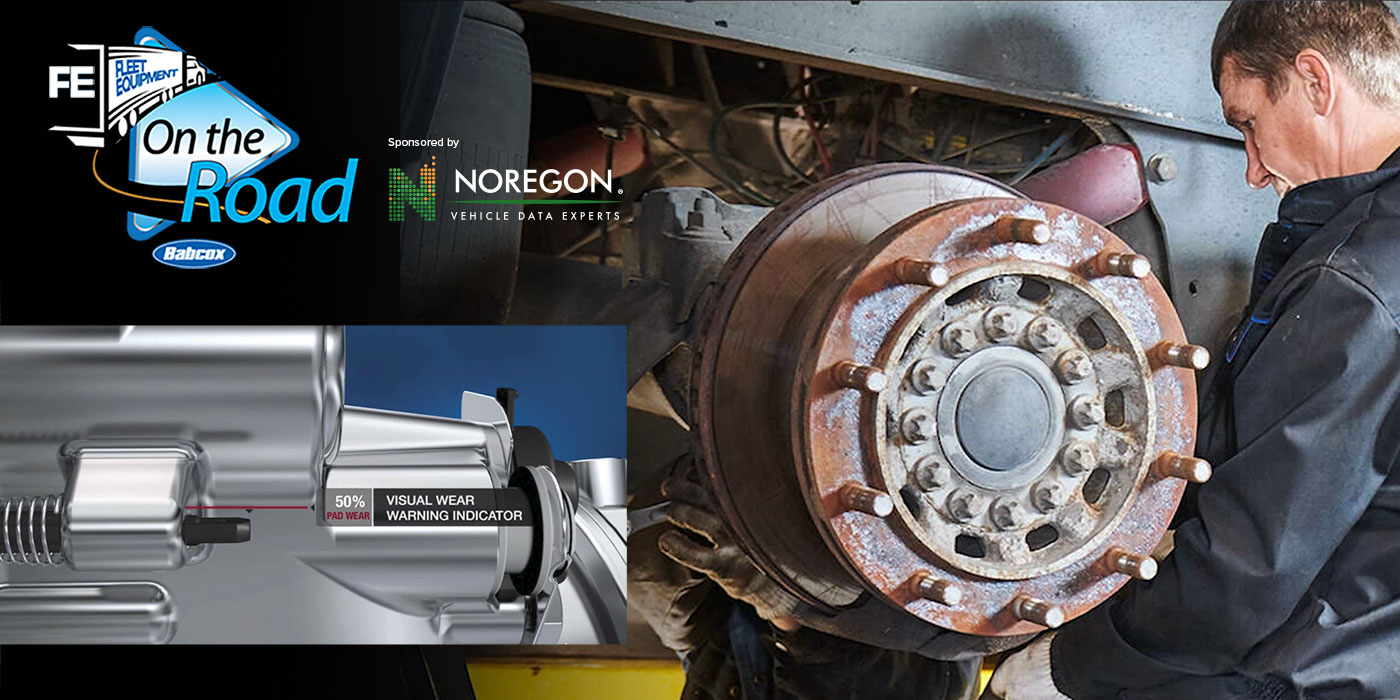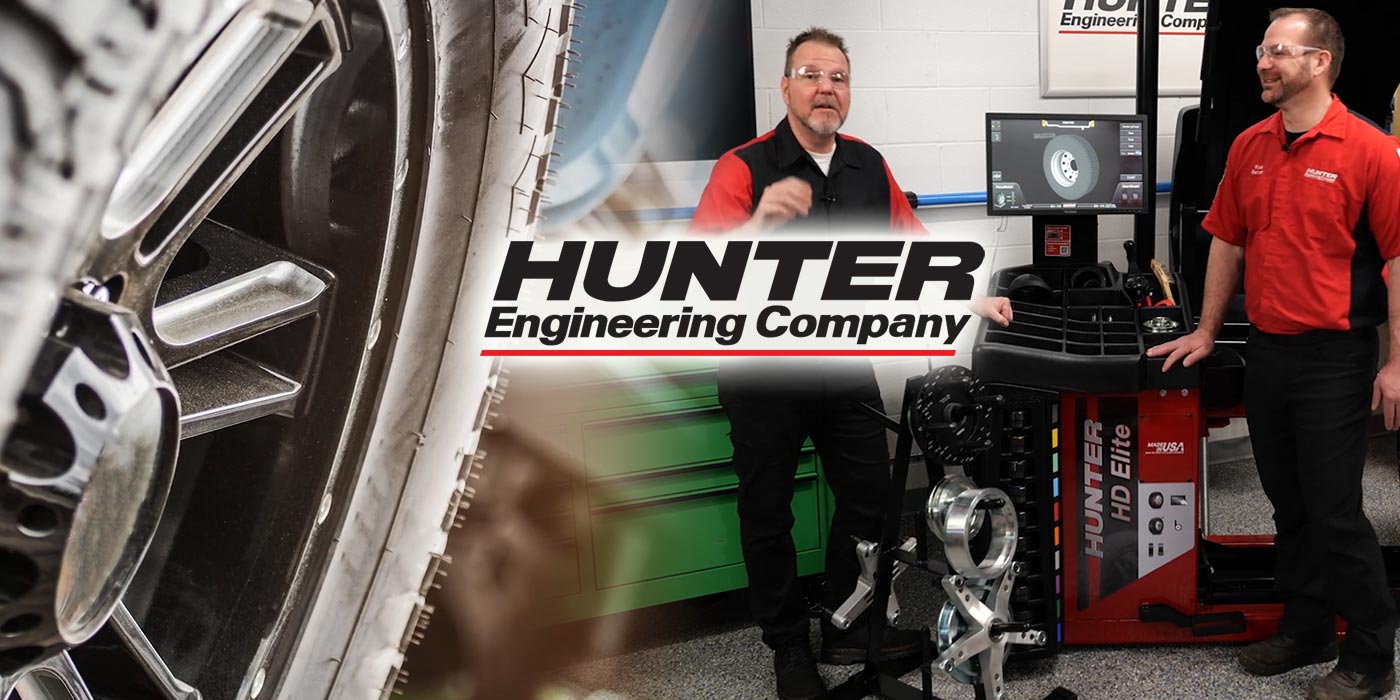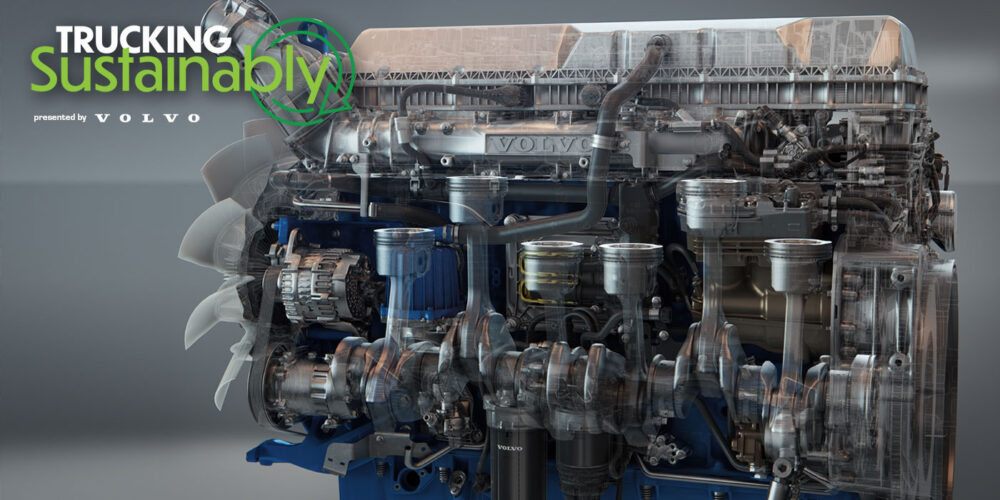Let’s say a Level 4 automated truck is driving along and – oh sorry, does that make you uncomfortable? Even if data could prove to you that autonomous trucks are without a shadow of a doubt safer and cause fewer accidents every year… it still feels wrong.
Why is that? Autonomous trucks are advancing in technological scope every day, so is it ever possible for us to recognize them as fellow comrades of the highway corridor?
Click here to watch more of FE’s On the Road video series.
Anytime you start looking at an emerging technology like autonomous vehicles that have barely a track record to speak of, we all struggle with how to compare how the AV technology and its safety performance will fare versus the safety performance of human-driven trucks.
The issue is that it’s difficult in most cases to make apples-to-apples comparisons. The way to do it is to compare the same stretch of road. If a fleet has a boatload of data running trucks with human drivers from Phoenix to Tucson, for example, that same route needs to be used when comparing autonomous trucks – and you’ll need a boatload of autonomous-driven data, too.
The task can seem monumental given the varieties of routes U.S. trucks drive every day, but when you start breaking up the task into digestible data-collecting bites, you can start to see how the data points can add up. Just as many fleets are scoring driver behavior and safety, so too can companies track the safety performance of an autonomous truck.
So now, consider this: According to the DOT, more than 87% of accidents involving large trucks happen due to human error. Take out the human element and replace it with artificial intelligence, and you no longer have distracted drivers. You no longer have fatigued drivers. You no longer have impaired drivers. That means, theoretically, substantially safer highways.
But, there’s a catch when it comes to companies working on autonomy: Humans make mistakes, and as humans, we recognize that in other people. We’re not so lenient when it comes to technology – it either works or it doesn’t.
In some respect, the best way to trust an autonomous truck is to experience it for yourself. Fleet managers and even the drivers themselves need to sit behind the wheel and experience the technology and what it’s capable of. Ask questions and educate yourself, and in return, if AV-development companies are transparent and proactive in sharing their data, maybe a future does exist where we can all share the road, active driver or not.













